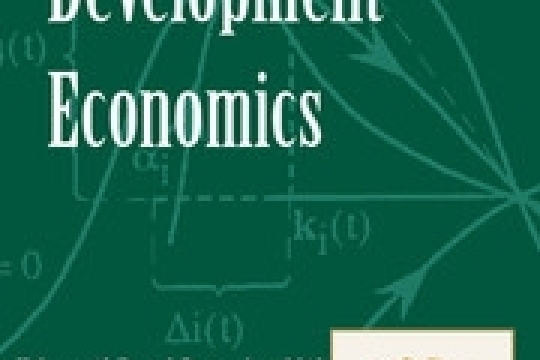This paper integrates soil science variables into an economic analysis of agricultural output among small-scale farmers in Kenya's highlands. The integration is valuable because farmers’ choice of inputs depends on both the status of the soil and socioeconomic conditions. The study uses a stochastic production frontier in which the individual farm's distance to the frontier depends systematically on individual factors. We show the importance of including key soil properties and find that phosphorus has a negative output elasticity, suggesting that farms may be using the wrong fertilizer mix. Hence, the central policy implication is that while fertilizers are generally beneficial, their application needs to be based on better soil information. This highlights the importance of strengthening agricultural extension, increased access to markets and more diversified supply of production inputs.
Integrating soil science into agricultural production frontiers
EfD Authors
Country
Sustainable Development Goals


